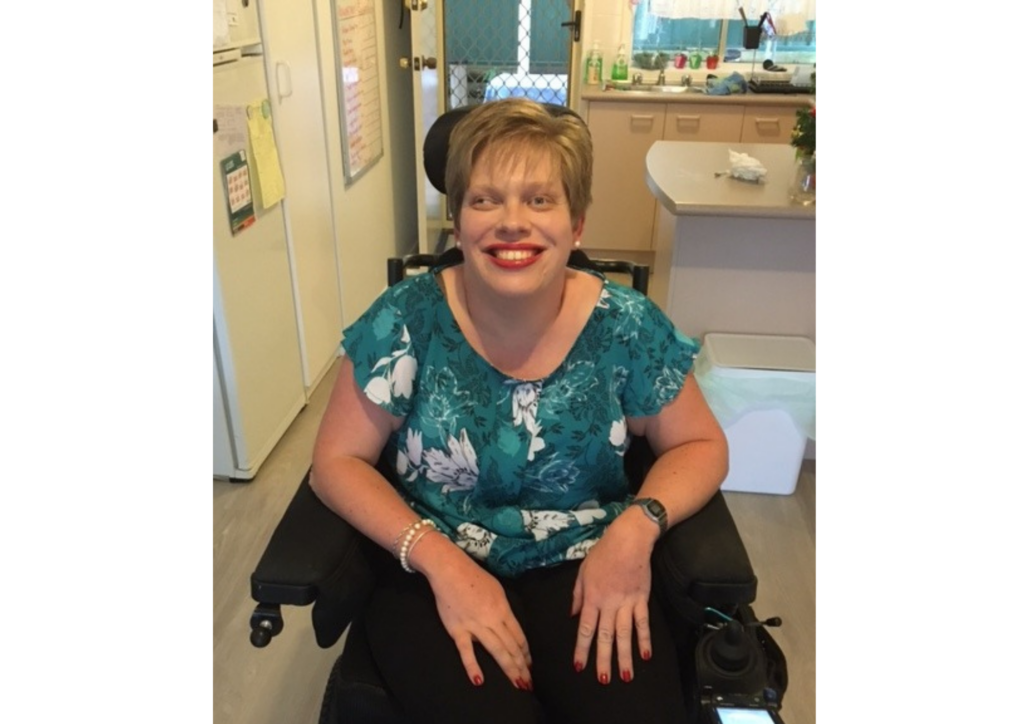By Melanie Schlaeger
Leadership means something different to each of us, depending on our life experience. In my experience, personal leadership is the most important thing to master, particularly in one’s own life. What does this mean? Well for me, it meant that I was able to get a job interview, as well as gain and maintain employment. To do this, I had to first learn how to “sell” myself to potential employers and accept the fact that I have significant physical disability, which means I use a wheelchair and require a high level of support for all activities of daily living.
What does this have to do with leadership you might be wondering? Well in my experience, the first employment barrier I had to overcome was acknowledging that I deserved to be considered for employment and recognising that I had skills to offer. How have I overcome this? I now talk about the “elephant in the room”, which for potential employers, might be my support needs. I am very open and honest about the kind of support I need, and also that I bring it with me in the form of my support team, so that a potential new employer is not silently wondering whether my support needs will be a cost their business can’t afford. In the last few years, I feel that being able to be confident about my disability and my needs has helped me to demonstrate my skills to employers in the best light possible. I always encourage any questions that the interview panel may have about my disability. In my opinion, this enables the selection process to be an even playing field because employers are less likely to be wondering about concerns they may not otherwise have felt comfortable to express.
In a professional context I have facilitated a course about personal leadership for people with disabilities. This was a six-week course and covered such topics as decision making skills, public speaking, fostering a good work ethic, speaking up, and many more topics which give us the knowledge and power to exercise personal leadership. One of the many things I learnt from that experience was that as people with disabilities, we often have low expectations that are placed on us – by ourselves and by those around us – in terms of what we can manage, and as contributing members of society in general. It was both a privilege and an eye-opening experience to facilitate the course I’ve described, as I watched the participants not only build higher expectations of themselves, but also increase their confidence and self-esteem.
I think when I first started working, one of the biggest barriers to my employment was that I almost felt ‘grateful’ to be given the opportunity to work. At the time, I was doing work that I was invoicing for, and looking back, I was consistently undervaluing my time because I almost felt apologetic that I was charging people. I didn’t realise this was actually an element of my confidence and sense of self-worth that I needed to work hard at to improve. I definitely believe in an “honest day’s work for an honest day’s pay,” but now reflecting on the lack of confidence that I had at the beginning of my employment journey, I am hyper-aware that my undervaluing tendency most likely came from my hyper awareness that historically people with disabilities were not encouraged to work in paid employment. I know there are countless different takes on leadership in a worldly context, but in my experience, working on your capacity to be a leader in your own life is the first step in helping yourself to become a confident, credible, professional who just happens to have a disability.
Mel is a strong advocate for disability rights and believes everyone should be given a fair go. She enjoys getting creative with a paintbrush and she believes art is a fantastic form of expression that knows no bounds.

